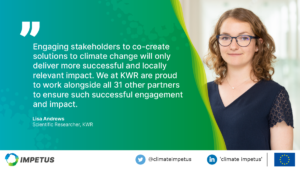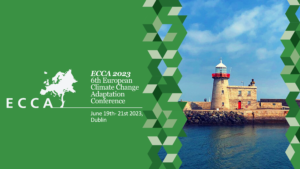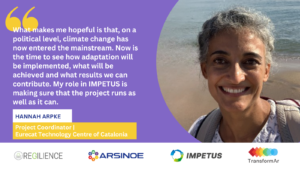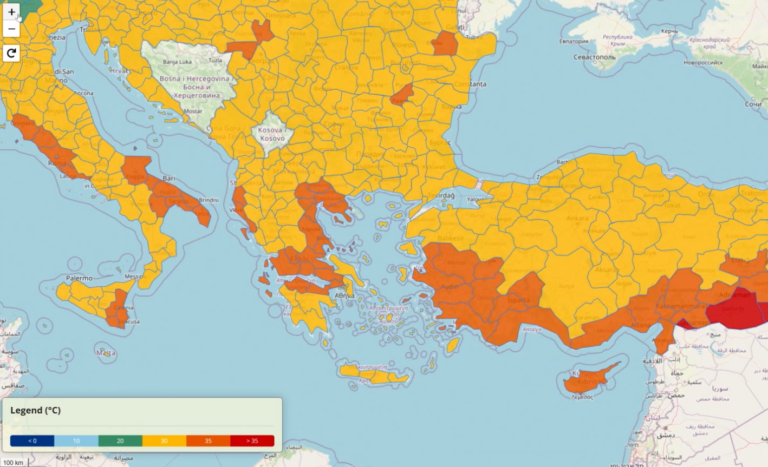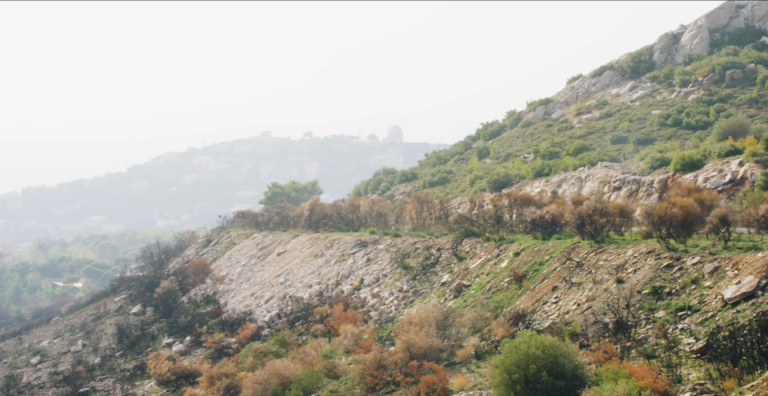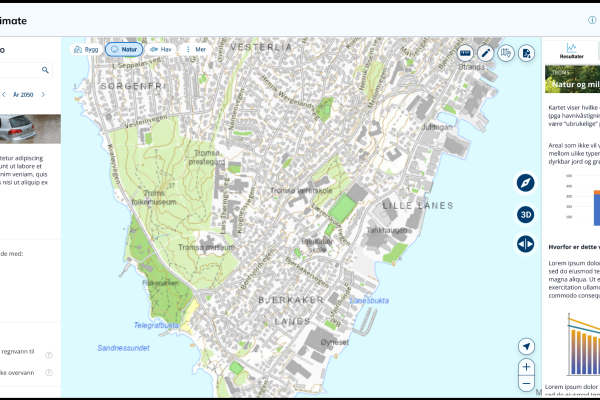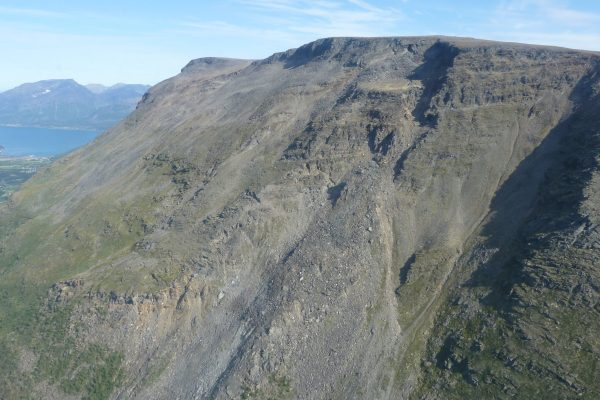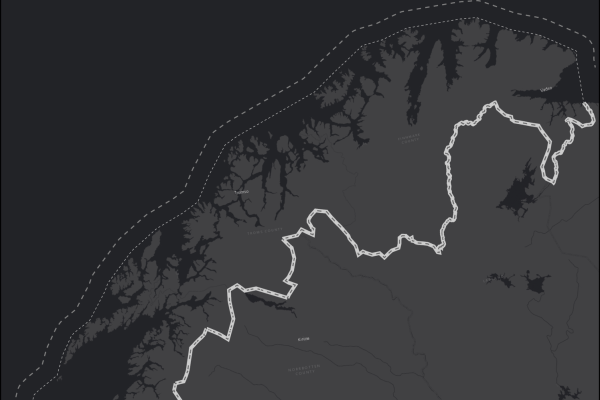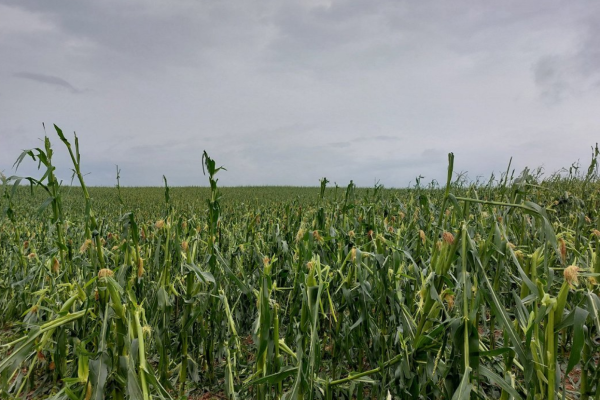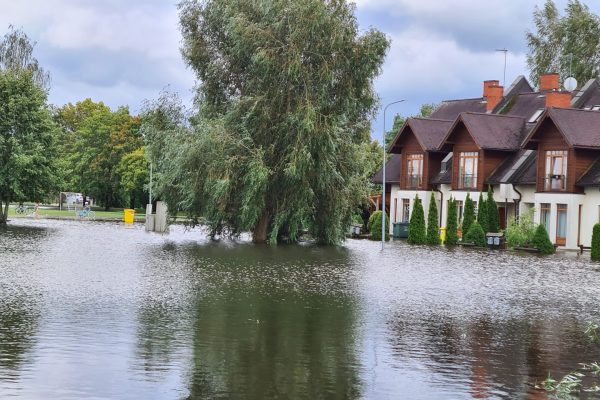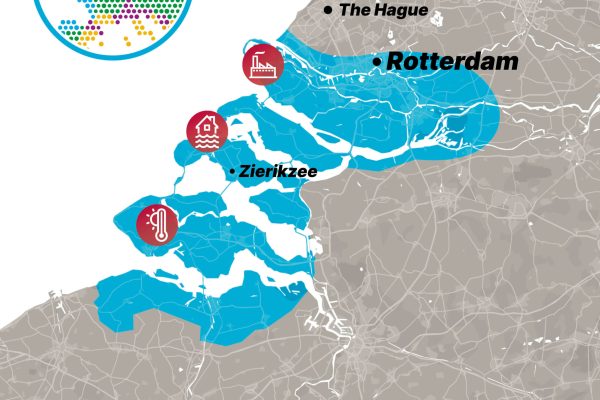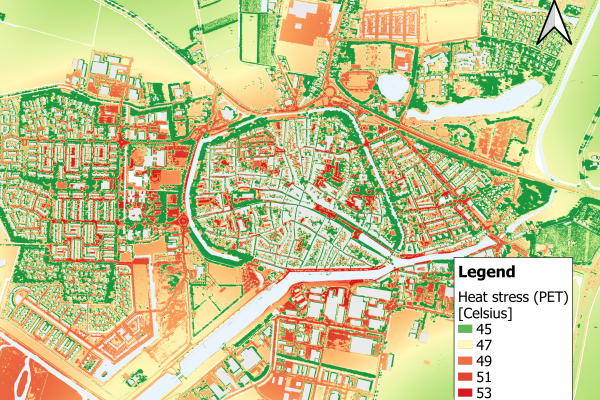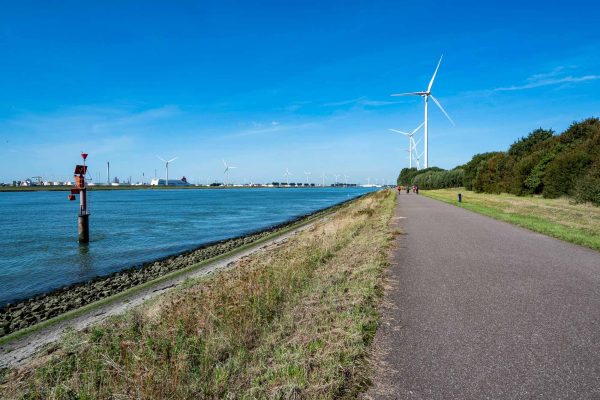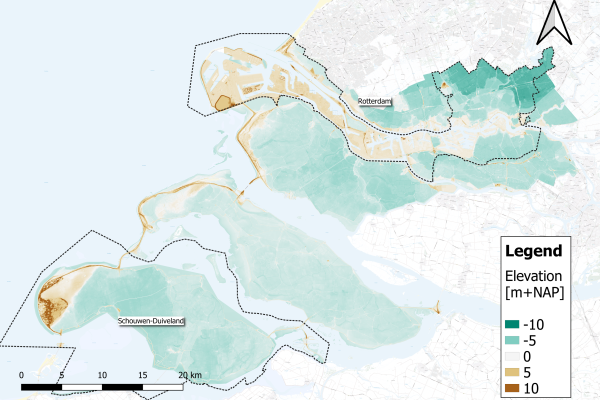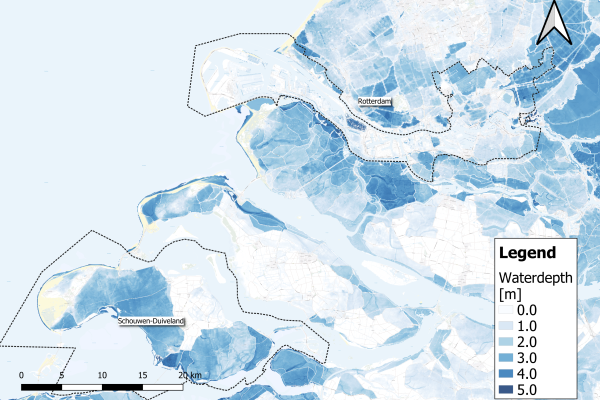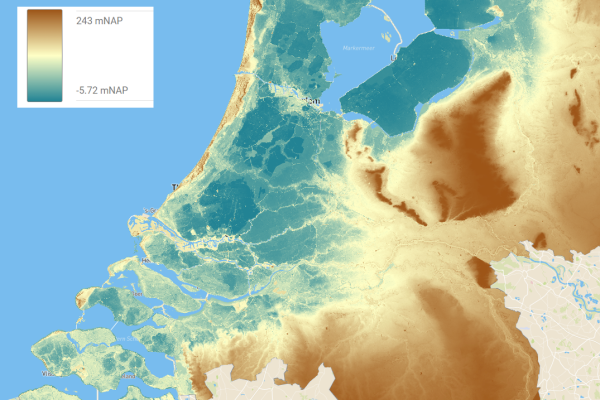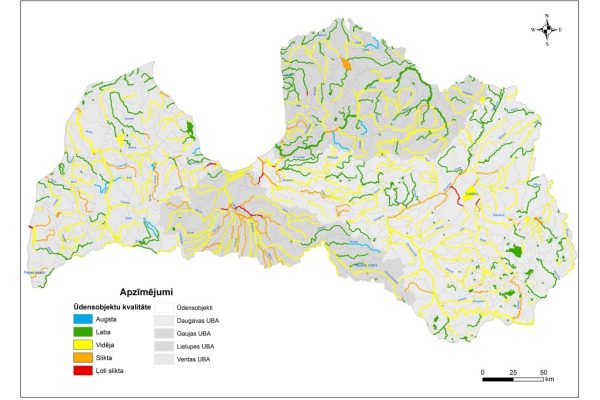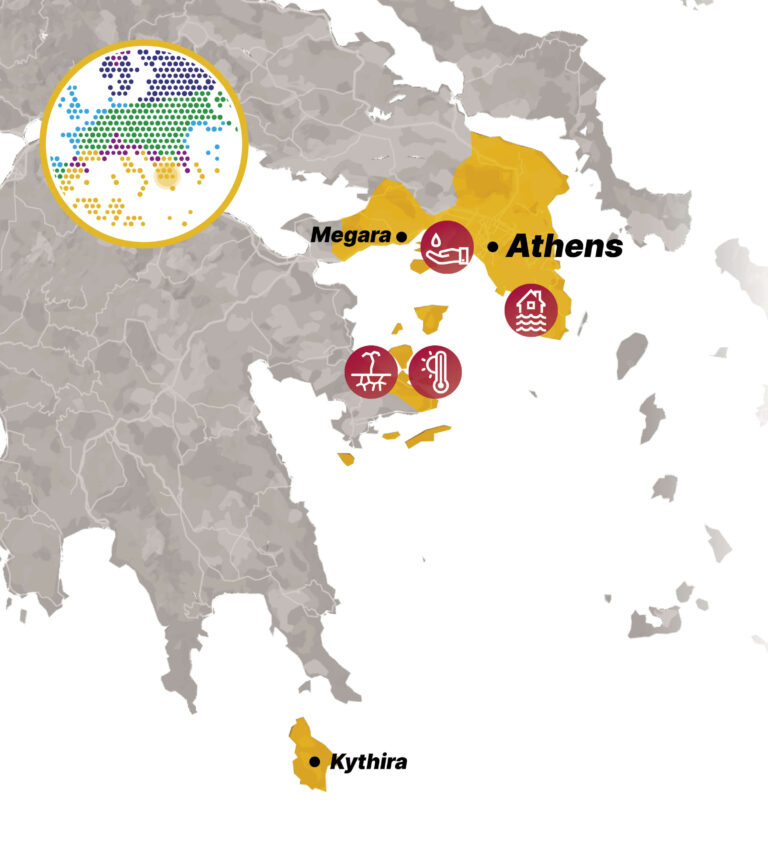
Prognosis
9,600,000 inhabitants and tourists annually. Behavioural change among millions of inhabitants and visitors is needed: a pattern of increasing social and economic conflict demands transformative adaptation solutions and effective communication.
Situation
Climate related issues
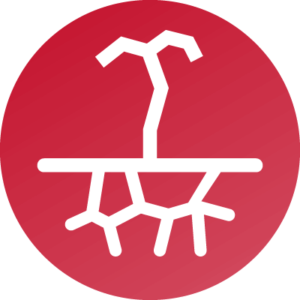
Drought and heatwaves
In the Attica region as temperatures rise and rainfall patterns become less predictable, water scarcity and drought is the most urgent climate risk resulting in more frequent and more intense heatwaves.
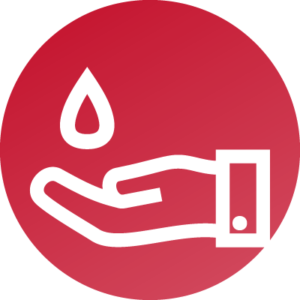
Water supply and quality
In Attica, due to the impact of climate change, the water supply system may be affected resulting also in water quality deterioration.
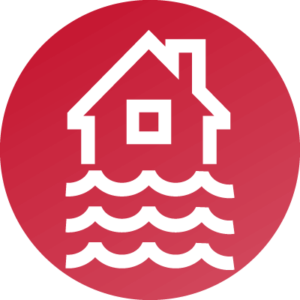
Flash flooding
The increase of flash floods in Attica in recent years both in terms of frequency, and in terms of their adverse effects, are probably due to changes in land cover and land use due to construction and urbanization and, of course, climate change.
Contact us
Klio Monokrousou
National Technical University Of Athens
kmonokrousou[@]gmail.com
Events
News
Resources
Key actions
In the Attica Demonstration Site several activites are implemented:
Energy Autonomous Sewer Mining Unit:
- Constructed in Markopoulo, Attica.
- Demonstrates converting waste into a resource.
- Increases the area’s resilience to climate change.
Controlled Environmental Agriculture Solution:
- Developed in a Greenhouse facility in Spata, Attica.
- Optimises resource use (water, energy, fertilisers) through a smart tool for facility operators.
Online Biodiversity Monitoring Service:
- Covers the entire Attica region.
- Monitors biodiversity continuously.
- Offers restoration strategies based on existing biodiversity and ecosystem services.
Digital Twin Development:
- Visualises interventions, tools, and modeling results in real-time.
- Enhances the maturity of installations.
- Increases society’s preparedness for climate change impacts.
- Conducts modelling exercises for wastewater systems, promoting regional circular economy and climate resilience.
Masterplan and Business Plan for Reused Water:
- Focuses on the Mediterranean demo site.
- Utilises water extracted from the wastewater of the East Attica integrated wastewater system (central facilities and sewer mining units).
Water-Energy simulation and optimisation model for wastewater systems
- Deploy a coupled water-energy simulation and optimisation model in the East Attica wastewater system (EAWWS).
- Advanced uncertainty-aware optimisation techniques are embedded in the model to allow climate-proofing of the resulting operational rules under deep uncertainty.
- The model acts as a regional circular economy and climate resilience hub.
Relevant sectors:
Urban
Agricultural
Industrial
Our ambitions
Within IMPETUS, our ambitions are clear:
We aim to scale up the use of research and innovation solutions in systemic ways to trigger the development of agriculture, industry, and tourism, building on existing initiatives. Our goal is to develop regional data-driven platform initiatives to create a digital twin of the region, establishing it as a hub for data and knowledge. We are committed to setting up a regional user-centred Resilience Knowledge Booster (RKB) and linking it with existing innovation and start-up hubs to co-create a regional adaptation pathway.
We strive to bring together local and regional communities of practice, engaging stakeholders in the co-creation and co-ownership of solutions, technological and policy pathways, and portfolios. By implementing and testing selected innovations in key systems and leveraging the EAWS, we aim to create innovation demonstrations throughout the region. We will use immersive storytelling and knowledge networks to enhance open innovation and data-driven policy-making, catalysed by the digital twin and the RKB.
Our efforts pave the way for significant medium-to-longer-term investments committed to supporting the adaptation pathway. We seek to foster large-scale citizen engagement based on diversity and social inclusion, which are key to adaptation and sustainability. We envision the adoption of the IMPETUS adaptation pathway by authorities and the formal engagement of competent authorities in keeping plans up to date. Finally, we aim to facilitate the creation of new ‘green’ businesses around climate change innovations.
- Introductory meetings with stakeholders
- Design tools with stakeholder inputs (e.g. workshops)
- Develop the tools
- Public demonstration of the tools in workshops
- Test tools and gather feedback
- Public engagement
- Apply tools to support decision makers within in the region
- Share tools and knowledge with other regions facing similar challenges
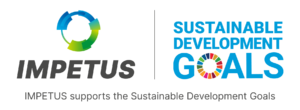
Issues
Drought and heatwaves
- High temperatures and reduced rainfall have impacted communities and the environment.
- Dramatic increase in use of energy for cooling.
- Reduced air quality.
Water supply and quality
- Conflicting demands for water for agriculture and the environment.
- Increased tourism and recreational use intensifies competing demands.
- Over-use of groundwater increases soil salinity and decreases crop yields, with economic impacts.
Flash flooding
- Flash flooding from irregular rainfall and marine flooding particularly impact densely populated areas.
Region-specific solutions
Sewer Mining Technology in Markopoulo, Attica
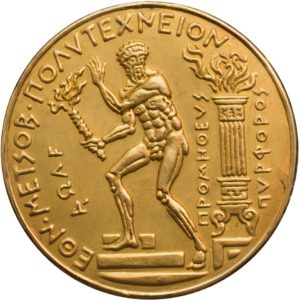

Sewer mining is an innovative wastewater recycling technology that transforms waste into a valuable resource, thus increasing the availability of water resources where the demand exists and where wastewater is readily available.
Our approach:
The technology offers a flexible, scalable and transferable circular economy solution that can be integrated into a container. The core concept is summarised as follows:
- Wastewater is extracted directly from the local sewage network.
- The wastewater is treated on-site at the point of demand.
- High-quality water is produced mainly for urban green irrigation.
The Sewer Mining system consistently generates approximately 25 m3 of reclaimed water daily. This recycled water is used to irrigate a series of gardens surrounding the technology, yielding excellent results in plant growth, thanks to the nutrients present in the treated water.
The entire process is carefully monitored and controlled through dedicated sensors and actuators, with the system’s performance visually represented via real-time data flow and processing.
The Sewer Mining system consistently generates approximately 25 m3 of reclaimed water daily. This recycled water is used to irrigate a series of gardens surrounding the technology, yielding excellent results in plant growth, thanks to the nutrients present in the treated water.
The entire process is carefully monitored and controlled through dedicated sensors and actuators, with the system’s performance visually represented via real-time data flow and processing.
Pilot description: Find more information on the Sewer Mining technology installed in Markopoulo in Eastern Attica.
3D model: Navigate in the 3D model of the technology to visualise the units and components.
Real-time data: Explore the data of the parameters that are monitored in the sewer mining unit.
You can visit the Attica Digital Twin Platform here.
Digital Twin, Attica

The Digital Twin of Greece’s Attica Region is a dynamic, virtual representation of real-world applications and water related distributed solutions and geospatial services. The cutting-edge platform leverages real-time data, advanced analytics, and simulation models to mirror the physical system’s behaviour and performance enabling climate adaptation initiatives and solutions and serving as a central hub for knowledge-sharing and action. The platform facilitates a co-creation process that actively engages stakeholders and policymakers to drive green business development and enhance climate resilience.
Our approach:
Attica’s Digital Twin aspires to become a one-stop shop for identifying innovative solutions already implemented across the region. It showcases distributed interventions such as the sewer mining solution that is implemented at Markopoulo Urban Gardens and at the Athens Plant Nursery, as well as applications of Controlled Environmental Agriculture in Spata, aiming at optimising resources efficiency in water, energy and materials. The platform also provides access to geospatial services such as the Reforestation services that offer localized insights based on biodiversity changes and restoration efforts. Additionally, the platform serves as an inventory of innovative solutions and applications. Designed with scalability in mind, the Digital Twin can be easily expanded and adapted to incorporate new data sources, technologies, and evolving system requirements, including integration with third parties’ developments. Its flexibility makes it an indispensable asset for promoting sustainable, data-driven decision-making across the region.
Controlled Environmental Agriculture in Spata, Attica


The Controlled Environmental Agriculture (CEA) solution is a pilot decision support system that enhances resource efficiency (water, energy and fertilisers) in agriculture, boosting the resilience and sustainability of the Attica region and its surrounding habitats.
Our approach:
Serving as a proof of concept, the pilot demonstrates the implementation of innovative, sustainable technologies in greenhouse farming. The platform enables users to set optimal microclimate parameters for their crops, using sensors, actuators, and intelligent networks. Integrated machine learning tools provide tailored recommendations for adjusting equipment to maintain ideal conditions, supporting agronomists in monitoring and correcting environmental factors to ensure sustainable farming practices.
The Attica Green hydroponic facility, located in Spata in eastern Attica, is the test site for this initiative, showcasing eco-friendly, high-quality products from its greenhouses.
Pilot description: Find more information on the Controlled Environmental Agriculture solution installed in Spata in Eastern Attica.
Real-time data: Explore the data of the parameters that are monitored in the selected Greenhouses.
Optimisation of greenhouse operation: Get recommendations for optimal equipment adjustments in windows, curtains and fans to achieve the desired conditions.
Reforestation Service in Attica


The Reforestation Service is an online decision support tool for assessing deforested areas, tracking species and biodiversity changes, and providing localized restoration strategies. It integrates remote sensing, spatial data, machine learning and stakeholder input to monitor deforestation and biodiversity loss, offering tailored guidelines for successful restoration. This service is also integrated in the Attica Region Digital Twin.
Our approach:
The Forest Loss & Biodiversity Monitoring module provides seasonal updates on vegetation, deforestation trends, and biodiversity fluctuations. The Restoration Suggestions DSS ensures that reforestation efforts are adapted to local conditions, promoting evidence-based ecological restoration and resilience to climate impacts. This adaptable approach is scalable and transferable to other regions with similar challenges.
You can find the Online Biodiversity Service here.
Attica Master and Business Plan for reused water



The Attica Master and Business Plan presents a comprehensive strategy to address water scarcity, enhance agricultural productivity, and improve local quality of life. Its goal is to reduce dependency on freshwater resources, promote resource efficiency, and contribute to climate change mitigation and regional resilience.
Our approach:
As part of the Regional Master Plan, stakeholder engagement through bilateral meetings and consultations identified key measures to strengthen climate change resilience in Attica. These efforts support long-term feasibility, climate adaptation, and the development of a self-sufficient, climate-resilient region. Notably, a financial mechanism was designed to demonstrate how fiscal instruments can facilitate the implementation of 27 sewer mining units across 21 parks in the Attica region over the next five years. This structured subsidy model ensures long-term viability. The economic assessment confirmed that investing in sewer mining significantly boosts climate resilience while delivering economic, environmental, and social benefits.
Water-Energy simulation and optimisation model for wastewater systems

A coupled energy-water simulation model was developed to assess the future prospects of the East Attica Wastewater System (EAWWS). Serving as a decision-support tool, the model quantifies the system’s resilience and the energy required to provide climate-resilient utilities to interconnected settlements—and, by extension, to the entire region.
Our approach:
Built using the HYDRONOMEAS framework, the model optimizes wastewater treatment and reuse processes to enhance sustainability and resilience. It incorporates climate change scenarios, population growth projections, and a range of wastewater reuse options to support the design of a robust, adaptive system.
East Attica offers a unique setting for implementing this approach, given its population density, industrial activity, and pressing environmental challenges. The region’s settlements are expected to benefit significantly from improved water management practices and the adoption of circular economy principles.
The study placed strong emphasis on integrating climate change considerations, uncertainty analysis, and stakeholder engagement to support robust decision-making and effective implementation. As a result, the EAWWS is positioned to deliver a more reliable, sustainable water supply for East Attica -capable of withstanding the impacts of climate change and increasing water demand.

